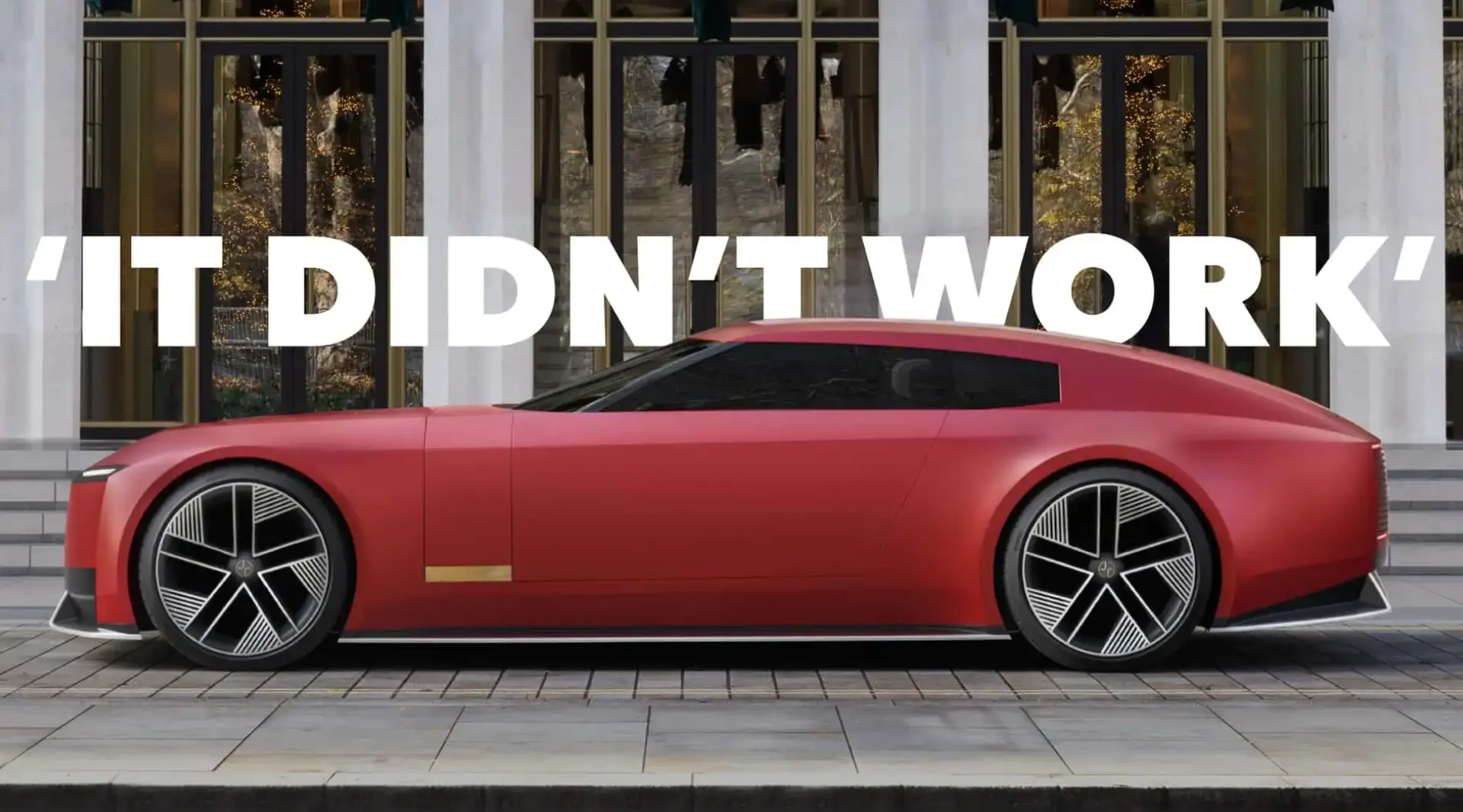What degree is best for web design?
Updated on
Published on
.avif)
Choosing the right degree can be a real headache, especially for someone who is thinking seriously about starting a new career. Ideally, if you want to get a promising and long-term career as a web designer, you really need to pick the right degree. The fact is, the web design industry has a great deal of potential and opportunities, and maybe it is the perfect combination of technical and creative fields. Domypaper can help students navigate these tough decisions by offering professional writing services for essays and research papers, easing the workload for those who need extra support in their academic journey.
Many people are, in fact, confused about which degree they should study to become a web designer. There are many different ways to build your future and a career to enter this beautiful industry, but some of the best ways are better than others depending on your interests and the skills that you need to develop.

1. Web Design and Development Degree
A Web Design and Development course is one of the most straightforward courses for this job as it offers a degree catered for an actual web designer. The course covers both the creative and technical essence of the job.
You’ll learn these basics in any Web Design and Development programme, as well as more advanced topics such as HTML, CSS, JavaScript, user experience (UX) and user interface (UI) design, and digital design tools such as Adobe Creative Suite. A distinctive feature of this degree that sets it apart from the rest and is central to its appeal is that you’re able to dip your toes in on both the creative side of designing something beautiful and the more technical side of making it work.
You’ll also learn responsive design, mobile-first development, and web standards — all necessary to create contemporary websites — so if you’re determined to get into web design and want a clear-cut, no-frills way of doing it, then this is a good course to start with. With guidance from the best dissertation services, you can also ensure your academic success while staying focused on mastering these essential web design skills.
2. Graphic Design Degree
And a third option that appeals to anyone thinking about a career in web design is a graphic design degree , not least because having a passion for beauty and form that many graphic designers tend not to share is quite common among web designers. The creation of websites is overwhelmingly a visual process, and few web designers do not have a degree in design.
You are going to be taught how to use Photoshop, Illustrator and InDesign… but you are also going to be taught about colour, about how to combine typefaces, about how to organise information so that it is usable and pleasant to look at, about how to create something that has a meaning beyond its functionality.
On the other hand, a degree in graphic design will teach you how to cultivate the creative side, but you’ll also pick up some of the web savvy on the job, or take an elective class here and there.
3. Computer Science Degree
If you’re more interested in a degree that leans towards the tech side, then go with a Computer Science degree. You’ll become a more advanced programmer, and at the same time have a more complete understanding of the guts behind a web site.
While it might sound like a creative career, actually learning some computer science helps you stand out. Initially, you’ll learn to code in CSS and JavaScript, which is the foundational experience that web design calls for. As your skills progress, you’ll gain exposure to more robust languages such as Python and Java, which you can leverage into backend web development careers.
Occupations involving web development are among the jobs in the United States projected to grow the fastest, at 23 per cent from 2021 to 2031, more than double the growth rate for all jobs, according to the US Bureau of Labor Statistics. ‘If your website is more developed, if you add more features to it, there is a good chance that you have a computer science background,’ Li says.
4. Information Technology (IT) Degree
An Information Technology (IT) degree is another option. This option is useful if you want to specialise in the technical side of web design, that is, the infrastructure behind web design: IT degrees involve a wide variety of topics such as network systems, database management, and cybersecurity, in addition to the web technologies themselves.
This table presents the main areas of concentration of an IT, Computer Science and Web Design degrees, taking into consideration; Coding, Networking, and Web design.
To begin with, it is clear that the key areas are different in each course. The IT major course has all those three areas, while the Computer Science course students emphasise on Networking and the Web Design students look at Web design.
Overall, the IT major course is the comprehensive course in the computer field, mainly due to cover all the major areas of computer studies and earn the highest score of 75% throughout the field.

The table provided below illustrates the key strengths of three different types of degrees. With this information, you can determine which degree will be most suitable for your career plans.
5. Multimedia Arts Degree
This means that a Multimedia Arts degree is the perfect option for those who love mixing different types of media, such as blending this new type of art into the web design. The Multimedia Arts degree emphasis is in the use of multimedia components (video, audio, animation, interactive graphics) in digital projects. To become a web designer, integrating multimedia elements into web sites can greatly contribute to the user experience.
Video Games design is another degree that teaches you how to create animations and interactive web pages, but it also involves programming and designing mobile app content. If you want to explore many different forms of content creation, but still have some bias towards website design, this exciting and wide-ranging subject under the web design umbrella might be right for you.

6. User Experience (UX) Design Degree
UX Design Degrees are getting popular in recent years. User Experience (UX) Design is all about the interaction between the user and the website and digital applications. This is a good degree for those who want to develop plenty of websites which are easy and friendly for the user.
You’ll learn psychology and human behaviour, design thinking, and how a user experiences a website – and your course will also teach you how to conduct tests on users and refine sites to improve end-user experience.The seriously practical nature of this degree means that it also counts as vocational training, so you’ll come out with both a qualification and the real-world know-how to start or switch an exciting career. And given that user experience is now the core of modern web design, this is a degree that’s 100 per cent relevant and in-demand.
If you’re interested in building websites that don’t just look pretty but feel enjoyable to use and are easy to navigate, then a UX Design degree might be for you.
7. Marketing or Digital Media Degree
If that’s not you, and your aim is to work on one of the ‘higher’ aspects of the web – essentially, towards being a strategic or business web designer, rather than a technical one – then a Marketing degree or a Digital Media degree are good bets: such courses usually contain modules in the area of web design, digital marketing, SEO and similar, and typically they will teach you how to build a website that attracts users and keeps them there.
You’ll learn how to design websites that get people to shop and sign up on the open market. If tech, design and marketing appeal to you, then this is the degree for you.

Conclusion
In conclusion, at this point, there is just no ‘right’ answer to the question: ‘What’s the best degree for web design?’ It will really depend on you, on what you want to do with it, on what you’re interested in, and so on and so forth. If you want to be a ‘regular’ web designer, then a degree in Web Design and Development or in Graphic Design might be the best option for you. If you want to get your hands dirty with the technical bits, then a degree in Computer Science or IT might be better, and if you rather create rainbows or make people interact better with technology, then a degree in Multimedia Arts or UX Design might be the perfect cocktail.
It's your call, there is a need for those. Choose a degree that matches your strengths and interests, and you’ll have a rewarding career as a web designer.







